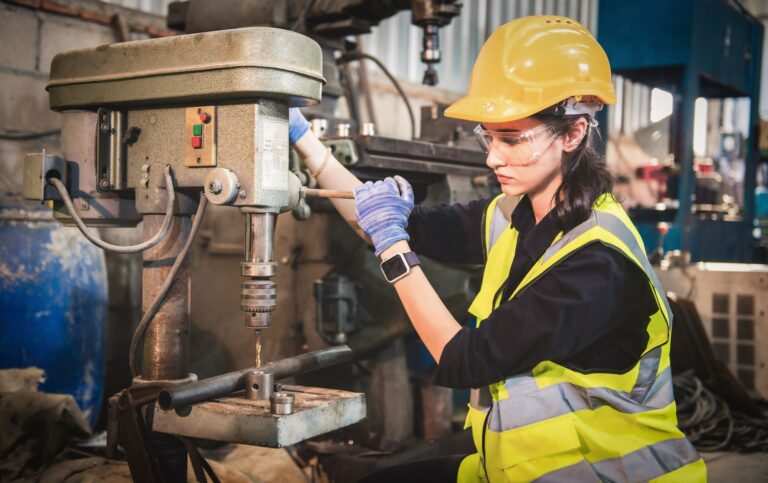Prison as a Criminal School: Peer Effects and Criminal Learning behind Bars
Skrevet af: Anna Piil Damm og Cédric Gorinas
We investigate peer effects on crime-specific recidivism, using register data for the entire Danish prison population. In line with a logic of crime specialisation we do not find that inmates build new criminal capital in prison but rather strengthen criminal capital due to exposure to offenders with the same field of specialisation (i.e. reinforcing peer effects). Our results accord with a theory of crime-specific knowledge transmission and network building in prison: we find reinforcing peer effects for crimes that require crimespecific capital, planning and network (e.g. drug crimes, theft, burglary and fencing) and/or are more effective when committed in groups (e.g. threats and vandalism). We find no reinforcing peer effects on recidivism with crimes that tend to be committed spontaneously and solo (e.g. violence and sexual assaults, weapon possession). Our findings carry important implications for prison assignment policies.
Relaterede udgivelser

Vidensoverblik
Fra fængsel til arbejde? – en evaluering af et beskæftigelsesprojekt i Sdr. Omme Statsfængsel
Gå til vidensoverblikket
Forskningsrapport
Fra fængsel til job?
Gå til forskningsrapportenSeneste udgivelser indenfor samme velfærdsemne

Forskningsrapport
Rapport 2: Ledelsespraksis i den offentlige sektor: En undersøgelse af danske ledere
Februar 2026

Analyse
18-59-årige danskeres tid i beskæftigelse eller uddannelse er rekordhøj
Februar 2026

Debatindlæg
“DA’s tal om varige ydelser fortæller ikke hele historien”
Februar 2026

Forskningsrapport
Working Conditions and Job Mobility for Public Frontline Workers
Februar 2026
